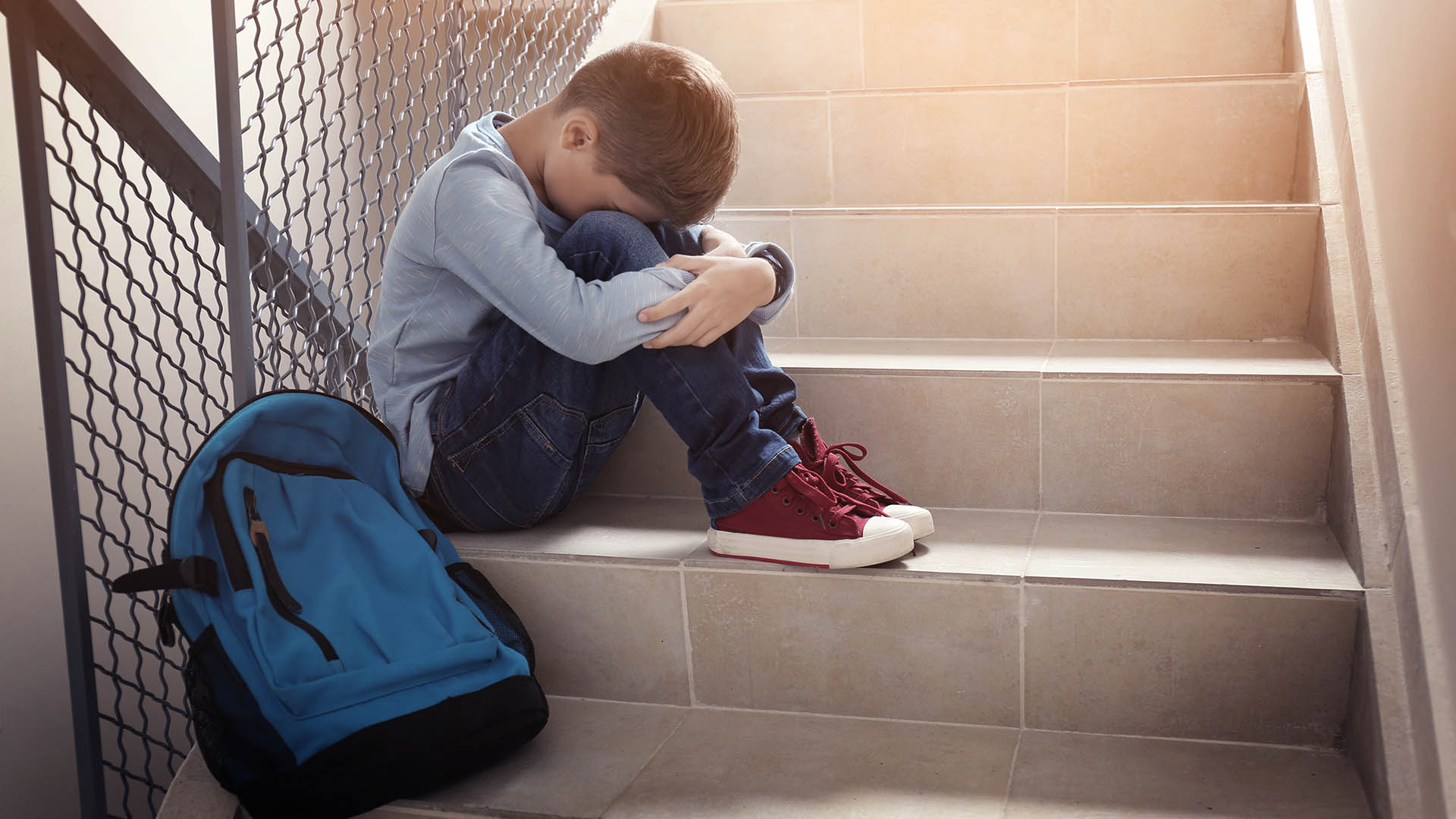New research says rise in children in care numbers due to local party politics

Local party politics is playing a significant part in the rise in numbers of children being taken into care, according to a new study co-authored by Professor Paul Bywaters from the University of Huddersfield.
Rising child poverty is the key factor in the growth in care numbers, but this is the first study to show that local politics also matters.
Written with Dr Calum Webb from the University of Sheffield, the study, published in the international journal ‘Child Abuse and Neglect’, found that six or seven more children per year were being taken into care in average size Conservative-led councils than in equivalent Labour-controlled authorities.
“We analysed data from 2015 to 2021 and found that, after five years, around 30 more children would be in care in a Conservative council than a Labour one, after you control for child poverty, average incomes and expenditure on family support,” says Professor Bywaters. “That would cost a council around £2.5m a year. We think that this money could be better spent supporting families to stay together although, of course, some children need to be in care.
“When you compare Conservative and Labour councils without taking poverty into account, the rate of growth in care numbers appears much the same. But child poverty has been rising faster in Labour-led authorities and this masks a real difference which becomes clear when the economic context is taken into account.

Professor Paul Bywaters
CENTRE FOR APPLIED CHILDHOOD, YOUTH AND FAMILY RESEARCH
“Far from levelling up, national policies have seen an increase in social inequalities between different areas. In his campaign to become PM, Rishi Sunak described a policy of moving central government funding away from more deprived councils towards more affluent areas, which are often Conservative controlled.”
The report, Inequalities in out-of-home care rates in England: Does local party politics matter?, proposes three further areas for investigation.
Report proposes three possible reasons
“Our study wasn’t designed to identify how practice in Conservative councils differs from that in Labour ones, but there are three possible explanations that should be tested”, adds Professor Bywaters.
“The first is that attitudes towards families may be different in Conservative and Labour-held areas. In Conservative areas there may be more of an emphasis on taking children out of situations where they may be vulnerable, while Labour councils may focus more on supporting families to stay together.
“Secondly, if there is less emphasis on family support then relatively fewer resources may be allocated to services that offer that support rather than spending on children in care.
"Thirdly, Conservative councils may give insufficient weighting to deprived areas when they allocate expenditure within their local area, compared to the more affluent wards that Conservative councillors typically represent.
“If these hypotheses were tested we would not only learn more about this question of party politics, but also about what kinds of services and policies result in more children being in care or more children staying with their families.”
Professor Bywaters is a member of the University’s Centre for Applied Childhood, Youth and Family Research, ‘Just Futures’, and his work in recent years includes studies of the links between poverty and child abuse and neglect. He has given evidence to Parliamentary Committees and was an advisor to the Independent Review of Children’s Social Care.